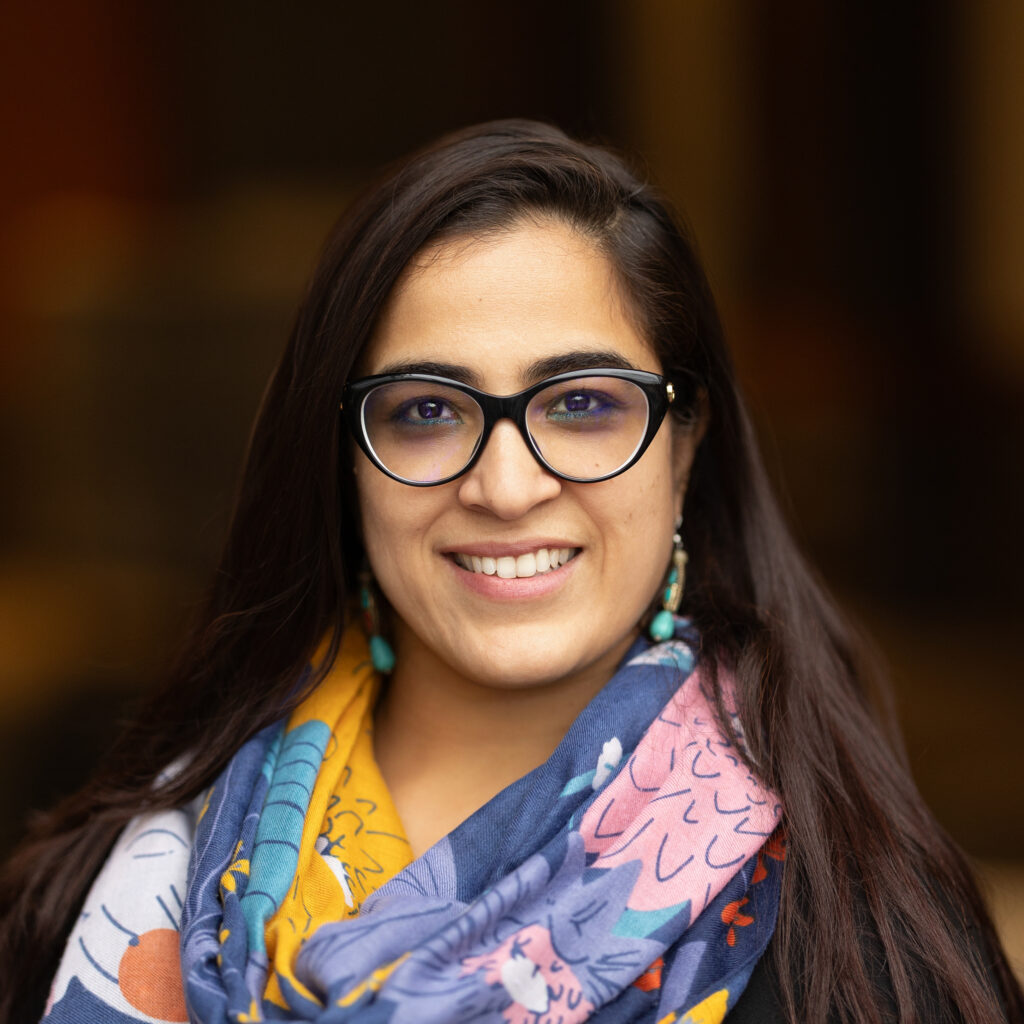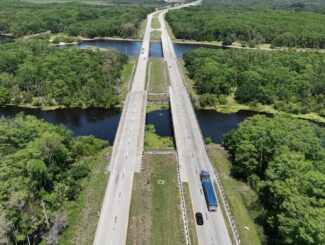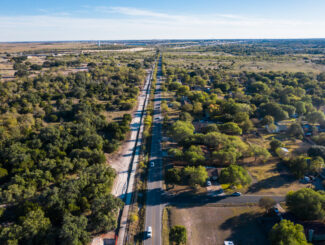June 13, 2024
By Chhavi Dhingra, Senior Manager of Public Engagement, WSB
Transport services play a vital role in meeting essential needs, such as facilitating economic activities such as trade and employment, and ensuring access to vital services like education, healthcare, and leisure. At the heart of all planning and design of such infrastructure lies the vital importance of prioritizing the consumer. Here engineers can play a crucial role in connecting transportation systems with the communities they serve.
There are four wins that early, thoughtful, intentional, and inclusive public engagement could bring to transportation projects.
- Transparency fosters trust and progress: Helping people understand on a regular basis how and where taxpayers’ money is being spent, goes a long way in building trust and accountability and limits potential future issues that may interrupt the project’s completion.
- Leaning in on local knowledge and user experience enriches project performance and impact: Improving project performance by gleaning local knowledge residing with community members and learning from past and present experiences of users of a transportation system can help identify and address problems early on and contribute to ensuring long-term success of projects.
- Inclusion of multiple voices and perspectives enriches project outcomes and acceptability: Possibly one of the biggest wins that public engagement could bring is ensuring transportation projects deliver on their original promises of improved safety, accessibility, mobility, and well-being for all users and become means for communities to together become more prosperous and healthier. This requires a diverse mix of voices, perspectives, and expertise to be brought together to ensure that transportation projects (be it a new road, an improvement to an existing road/junction or the introduction of a new transit or carsharing facility), are accessible to everyone living/traveling to that area.
- Well-designed engagement could capacitate and empower community leaders and representatives: Proving opportunities for training and skill development for community leaders as part of public engagement strategies, enables them to become catalysts for garnering wide support, removing bottlenecks, ensuring more efficient execution, and developing trusted partnerships between government and communities in projects.
How WSB Can Help
At WSB, we help bring these four wins (and more) when collaborating with clients on various transportation projects. We prioritize successful public engagement through a comprehensive approach. This includes establishing a clear project chain of command to ensure effective stakeholder coordination and information flow. We begin by conducting early stakeholder mapping and needs assessments and collaboratively setting goals with all project stakeholders. We then tailor our communication methods to best suit the audience, ensuring the use of plain language materials, inclusive formats adhering to Americans with Disabilities (ADA) standards, using multiple languages where necessary. Fact-checking, active listening, continuous feedback loops and proper documentation for transparency, are key to our process. We also proactively monitor potential risks to address them swiftly and maintain trust with the public. As we collaborate with our valued clients and partners to successfully deliver transportation projects, our public engagement approach continues to evolve to inform and shape us as professionals, and WSB as an organization that exists to build what is next in infrastructure—the places, spaces and systems that support our lives.
Chhavi is a transportation engineer and public engagement professional with almost 20 years of experience developing sustainable policy, practices, and communication strategies, and leading stakeholder management for transportation and transit projects. She has supported several road transportation planning projects globally while overseeing engagement, multi-stakeholder partnerships and strategic communications focusing on addressing mobility and accessibility needs of disadvantaged communities.
[email protected] | 917.328.3588


